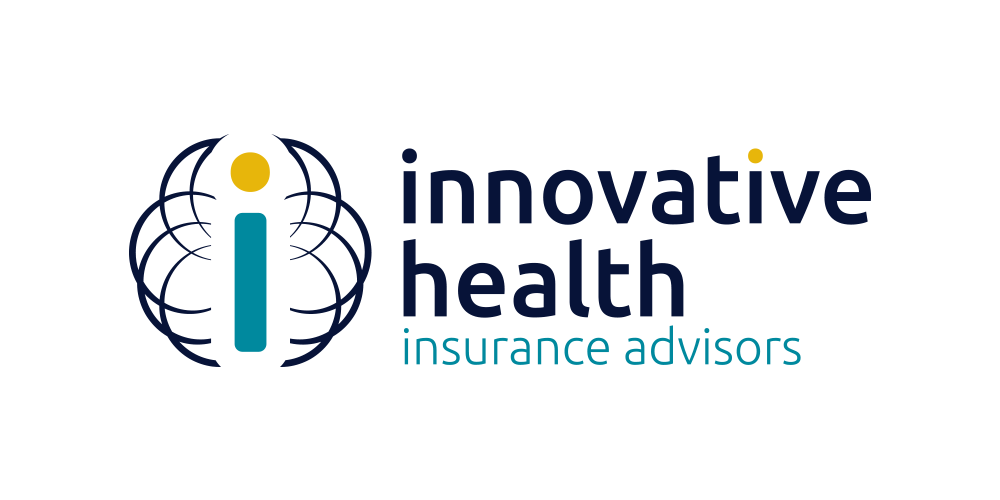The Pros and Cons of Minimum Essential Coverage (MEC) Plans: Is It Right for Your Business?
In the ever-evolving landscape of healthcare, businesses must navigate a myriad of choices when it comes to providing health insurance for their employees. One option that has gained attention, particularly among smaller businesses and those seeking to comply with the Affordable Care Act (ACA), is Minimum Essential Coverage (MEC) plans.
These plans offer a set of benefits designed to meet ACA requirements, but they also come with their own set of advantages and disadvantages. In this article, we’ll delve into the pros and cons of MEC plans to help you determine if they are the right fit for your business.
Pros of Minimum Essential Coverage (MEC) Plans:
Affordability: MEC plans are often more budget-friendly for both employers and employees. They typically have lower premium costs compared to comprehensive health insurance plans, making them an attractive option for small businesses and cost-conscious individuals.
ACA Compliance: One of the primary advantages of MEC plans is their compliance with the ACA’s individual mandate. By offering MEC to your employees, you can avoid penalties associated with not providing health coverage, thus ensuring legal compliance.
Preventive Services: MEC plans cover essential preventive services at no cost to the employee. This includes vaccinations, screenings, and wellness check-ups, which can help identify health issues early and promote overall well-being.
Employee Retention: Offering any form of health coverage, including MEC plans, can enhance employee retention. It signals to your workforce that you care about their health and well-being, which can lead to increased job satisfaction and loyalty.
No Pre-existing Condition Exclusions: MEC plans cannot deny coverage or impose pre-existing condition exclusions. This means that employees with pre-existing medical conditions can access necessary care without fear of rejection.
Minimal Administrative Burden: MEC plans are relatively straightforward to administer compared to more comprehensive health insurance options. This can save businesses time and resources.
Cons of Minimum Essential Coverage (MEC) Plans:
Limited Coverage: While MEC plans meet ACA requirements, they offer limited coverage compared to more comprehensive health insurance options. They often cover only preventive services and may not provide coverage for major medical expenses, such as surgeries or hospital stays.
No Minimum Value: MEC plans do not meet the minimum value standard set by the ACA. This means they may not cover a substantial portion of medical costs, leaving employees with significant out-of-pocket expenses for major healthcare needs.
Employee Dissatisfaction: Employees may be dissatisfied with MEC plans due to their limited coverage. This can lead to frustration when they discover that their essential medical needs are not adequately covered, potentially affecting morale and job satisfaction.
Limited Network: MEC plans may have a restricted network of healthcare providers. Employees could find that their preferred doctors or hospitals are not included in the plan’s network, limiting their choices for care.
Not Ideal for All Businesses: MEC plans are best suited for businesses with a young, healthy workforce and those primarily seeking ACA compliance at a minimal cost. For businesses with diverse employee demographics and varying healthcare needs, more comprehensive plans may be a better fit.
Making an Informed Decision
Choosing the right health insurance option for your business involves careful consideration of your budget, employee needs, and legal obligations. While MEC plans offer affordability and ACA compliance, their limited coverage may not suit all employees or businesses. Before making a decision, assess your workforce’s healthcare requirements, and consider alternative options, such as group health plans or health savings accounts (HSAs). It’s essential to strike a balance between cost-effectiveness and meeting the healthcare needs of your employees.
Final Notes
MEC plans can be a viable choice for some businesses, especially those with budget constraints and a focus on complying with ACA regulations. However, they may not provide sufficient coverage for all employees, and careful evaluation of your workforce’s needs is crucial. Ultimately, the decision should align with your company’s goals, financial capacity, and commitment to employee well-being. To make an informed choice, consider consulting with an insurance expert or benefits consultant who can provide guidance tailored to your specific circumstances.
Any Questions?
We serve employers who want to offer their employees affordable benefits. We simplify the complexity of providing those benefits and ensure compliance with the Affordable Care Act. We provide affordable benefits for the everyday person. We are different because of our personal service, speed of implementation, and innovative approach to providing benefits coverage.
Learn more about us and our services, here.



